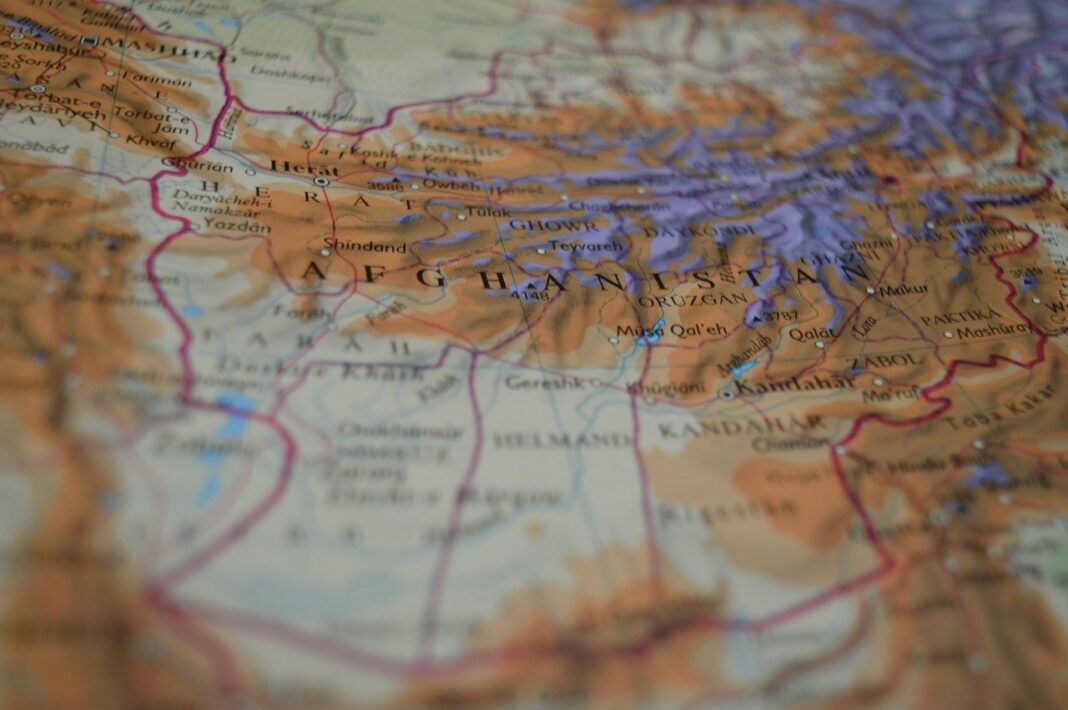The new government of Afghanistan has just been announced, less than a week away from the twentieth anniversary of 9/11 that caused the deadliest terrorist attack of the modern history.
The entirely male new cabinet not only removed the ministry for women from its agenda, but also brought old names already in the black lists of United Nations and FBI in charge of the new cabinet.
Continuous conflicts and disorders as outcome of civil wars and foreign interventions left the country in total crumble. The decision of United States and its allies to leave Afghanistan behind, resulted in a fast collapse of the government and whole country in a matter of days, which not only left the world in a deep shock, but also the Taliban themselves in a very strong disbelieve. Still, the very exact reasons of such a dramatic end to the twenty-years presence of United States in Afghanistan is not clear yet, and whether it’s the consequence of a failure in intelligence service or of a hasty executive decision to celebrate the end of the Afghanistan war as a victory on the anniversary of 9/11, are the topics that would be more comprehensible by time.
The question is, how long the celebrations of Taliban will last? Their swift victory along with the US withdrawal is going to be followed by the complex reality of a nation-state building for a failed state, but very different one from the failed state that they lost on 2001 after the coalition attack. The Taliban regime of 90s and its cruelties are still very much vivid in the memory of the Afghan people. As much as Taliban are claiming changes in their attitude, they should also take into account that Afghan people are definitely not the same as two decades ago.
Taliban are not only suffering from lack of legitimacy from the international community but also from the Afghan society itself. Afghans have experienced a very different life during the last twenty years. Regardless of a general lack of safety and high levels of corruption, many opportunities were also there for Afghans to make changes in their life, especially for women, who had been completely ignored before. With all the shortages, there were some small steps that have been taken very slowly but with great motivations and hope. Many taboos of Taliban time have been broke already, and right now bringing back the same nation to obey the old taboos presented by Taliban will not be easy. Surely Taliban are going to face difficulties from women that are now more aware of their rights and their abilities.
In any country with diverse ethnic groups, the creation of a nation-state is already a challenge requiring not only strong institutions, but also the involvement of these ethnic groups in a decentralized system. In the case of Afghanistan, most of ethnic groups, minorities and women were previously extremely disregarded. Considering the known beliefs and background of Taliban and the cabinet they just introduced, the very story is going to be repeated which will not help in creation of nation-state and achieving the legitimacy.
The new regime is not only in need of pluralism but also educated and experienced elites to pull the country together, and yet it seems that the cabinet is more into maintaining its religious establishment and trusted individuals rather than building a system to move the country forward. The massive challenge ahead of Taliban is the broken economy, and the fact that no country intends to take the step forward and recognize the Taliban as the new legitimate government of Afghanistan increases the pressure even more over the economy of the country. Billions of dollars of frozen foreign investments can lead the country to a full collapse, and surely the exhausted nation is the one that going to pay the price. The dilemma created for the international community and organizations is whether to release some part of the frozen money in order to save the Afghan people from reaching a definite economy collapse being fully aware that Taliban is not to be trusted to use that money in favour of the people, rather than its activities.
The new political games and interest ground already started in the security council of the UN by United States and its allies from one side and China and Russia from other side, while Afghanistan is drowning day after day, as the consequence of hasty decisions with no attention to the long-term results. The international community is indeed facing a big question mark of either officially recognizing Taliban and saving the nation from extreme poverty and violence, or just monitoring their behaviour for the time being. Surely any decision will come with a heavy cost, since any recognition of the Taliban not fully complying to the international conventions, not only legitimize them but also will endanger all the groups that are still fighting against them inside the borders.
The recent events of Afghanistan took place so rapidly, but surely there is long and painful road in front of its nation that feels betrayed by the rest of the world. Taliban may prove that they are good in warfare and resilient in a long war, however in contrast ruling a country, especially a failed one, does not need weapons and violence but patience and integration. Something that now seems too impossible to expect.






